For most of her career, Beth Anne Dorman has been the one whom other people turn to in their hardest moments. As the CEO of For All Seasons and a clinician by training, she’s spent decades helping families navigate fear, trauma, and uncertainty. But when she found a lump this spring and received her cancer diagnosis in the middle of an ordinary July afternoon—parked at a baseball field beside her son—the roles reversed with dizzying speed.
In a conversation with Val Cavalheri, Beth Anne speaks with the kind of honesty that catches you off guard. She walks us through the punch-in-the-stomach moment of hearing the word “cancer,” the long week she waited before telling her children, and the careful balance of being vulnerable at home while steadying an 85-person staff at work. There are flashes of humor, too, the kind that families reach for when the ground shifts beneath them, along with the complicated truth that even without chemo, a bilateral mastectomy and a decade of hormone therapy remake your sense of self.
What emerges is not just a medical timeline but a portrait of leadership and humanity—how you let people in, how you accept help, and how you learn to live with a diagnosis that never fully leaves the room. It’s also a reminder, as Beth Anne says, that talking openly about illness and mental health isn’t a weakness. It’s the thing that keeps us connected.
This video is approximately 16 minutes in length. For more information about breast cancer, please go here.
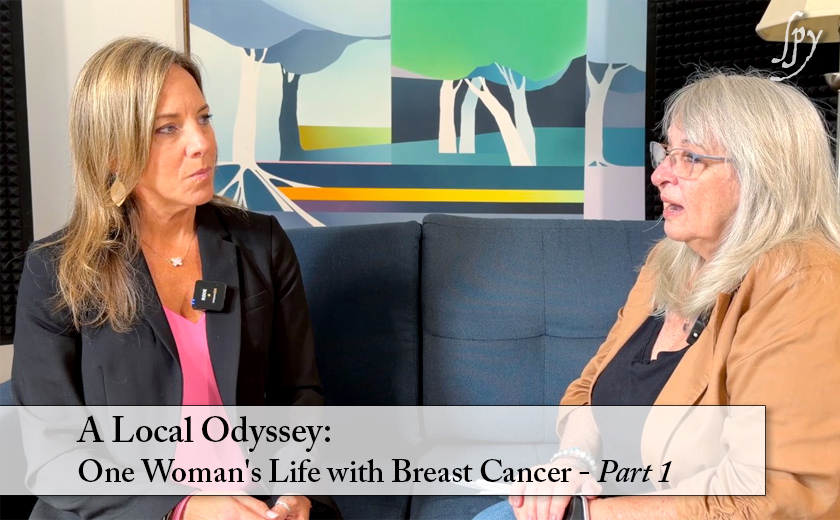




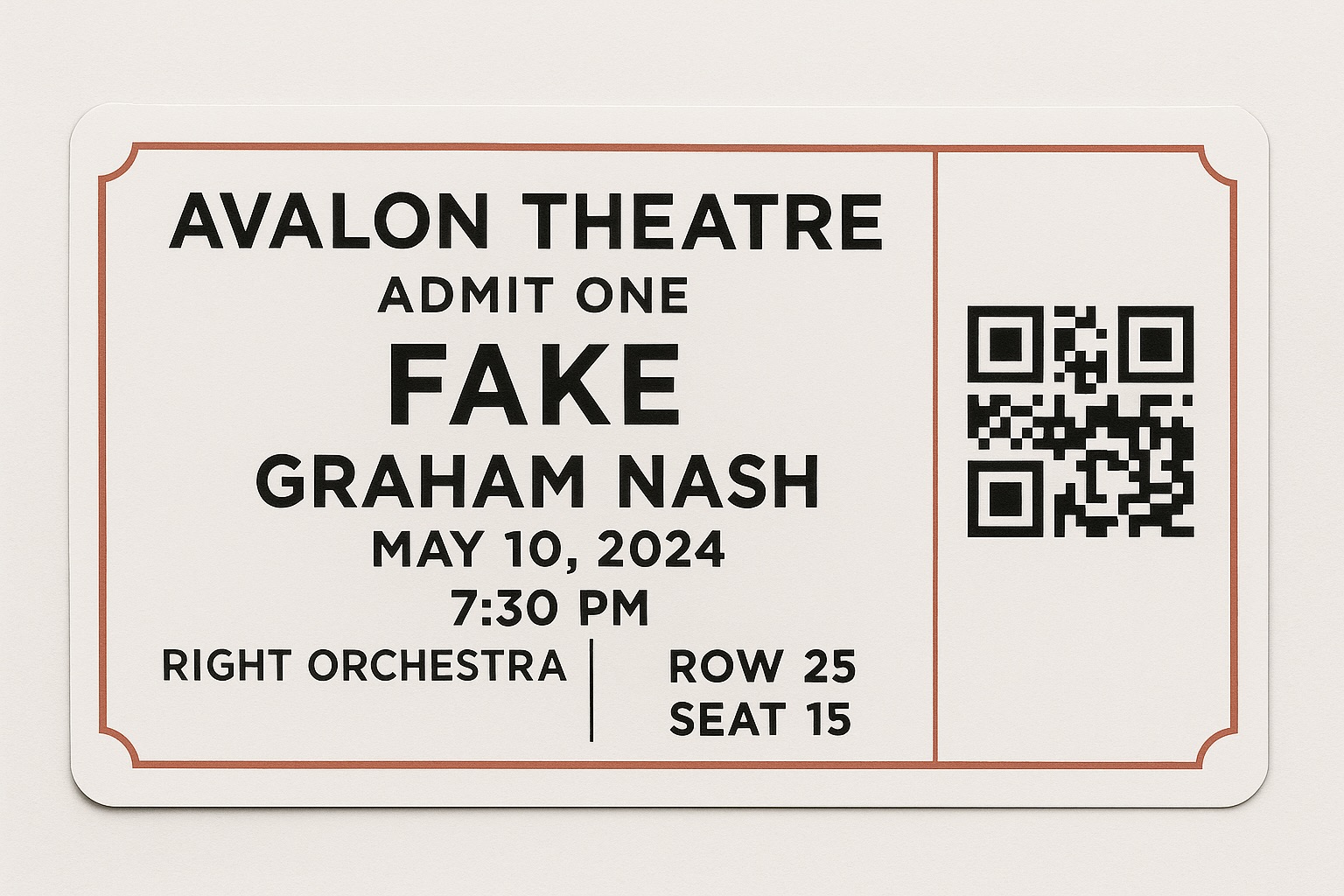
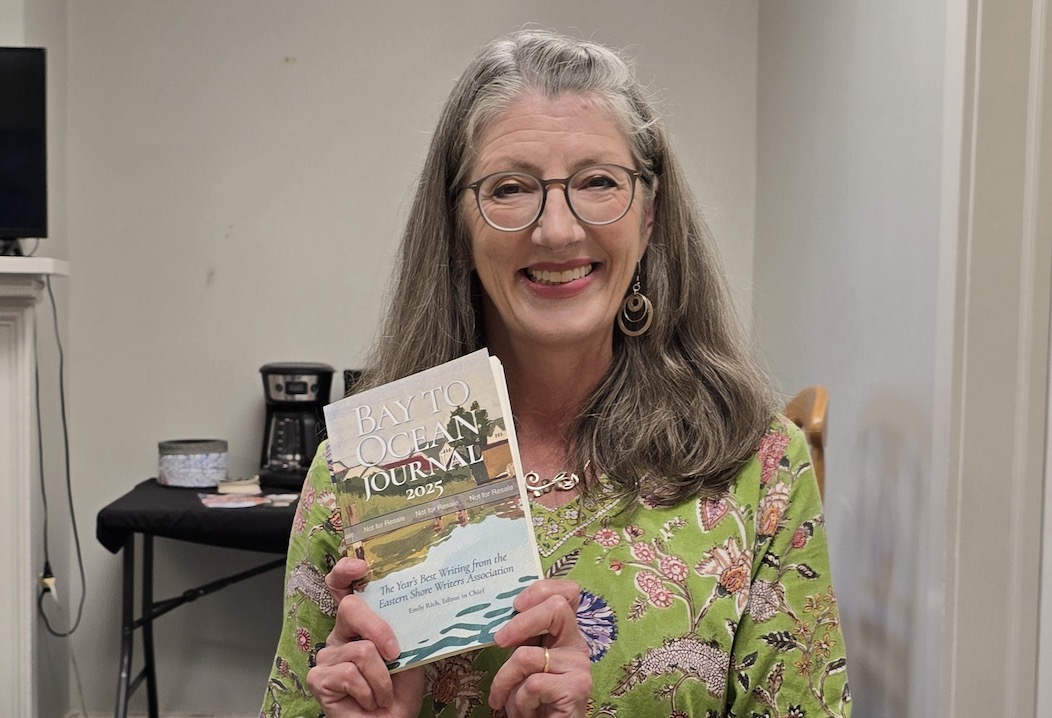
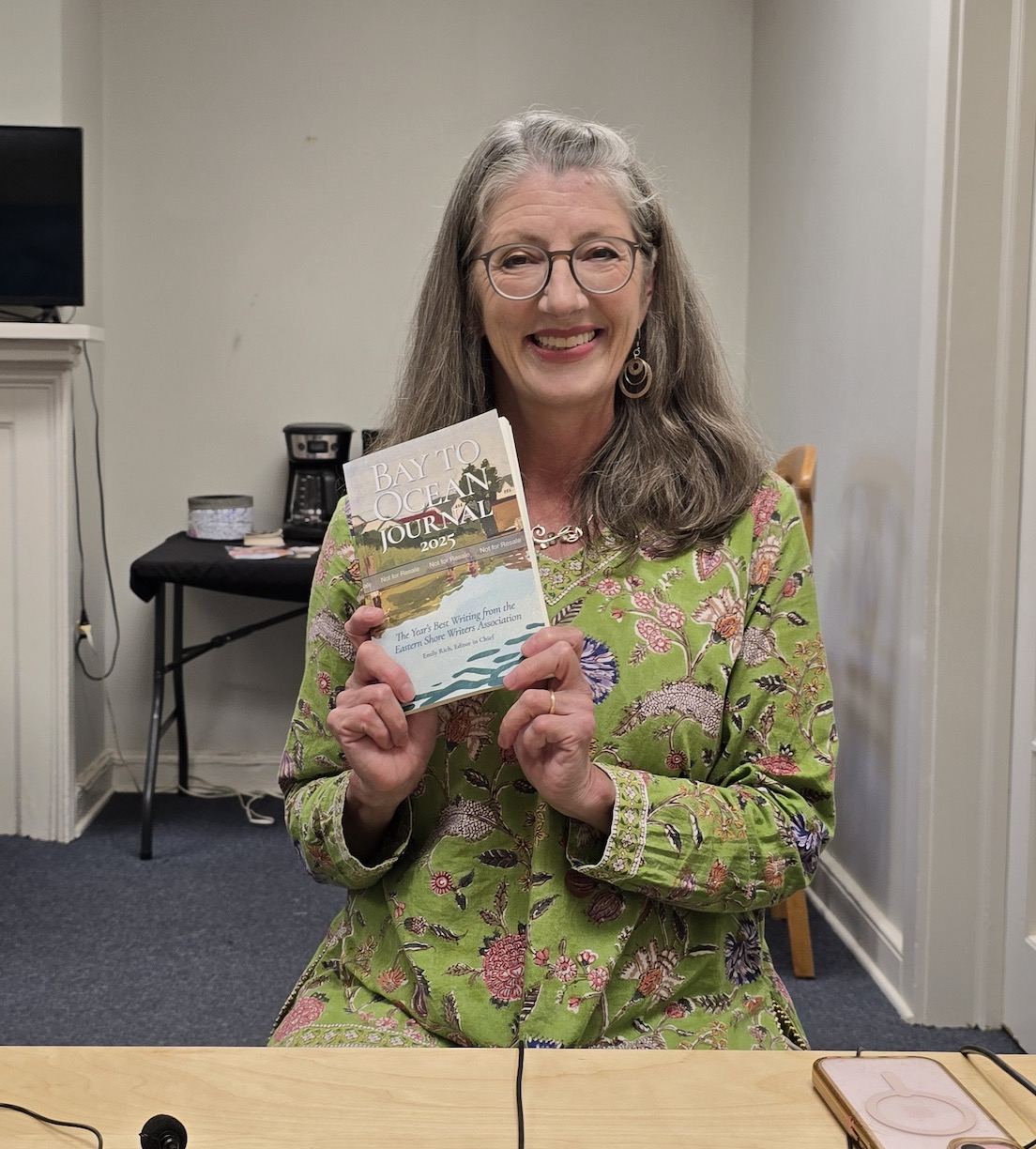
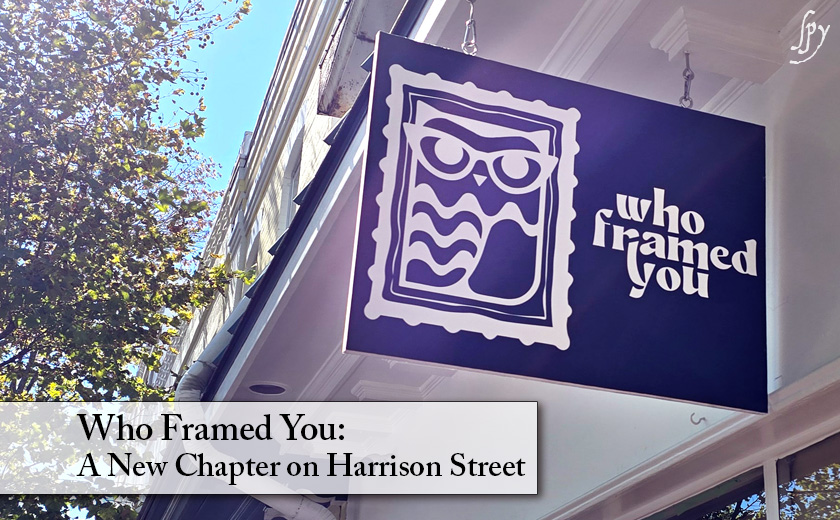
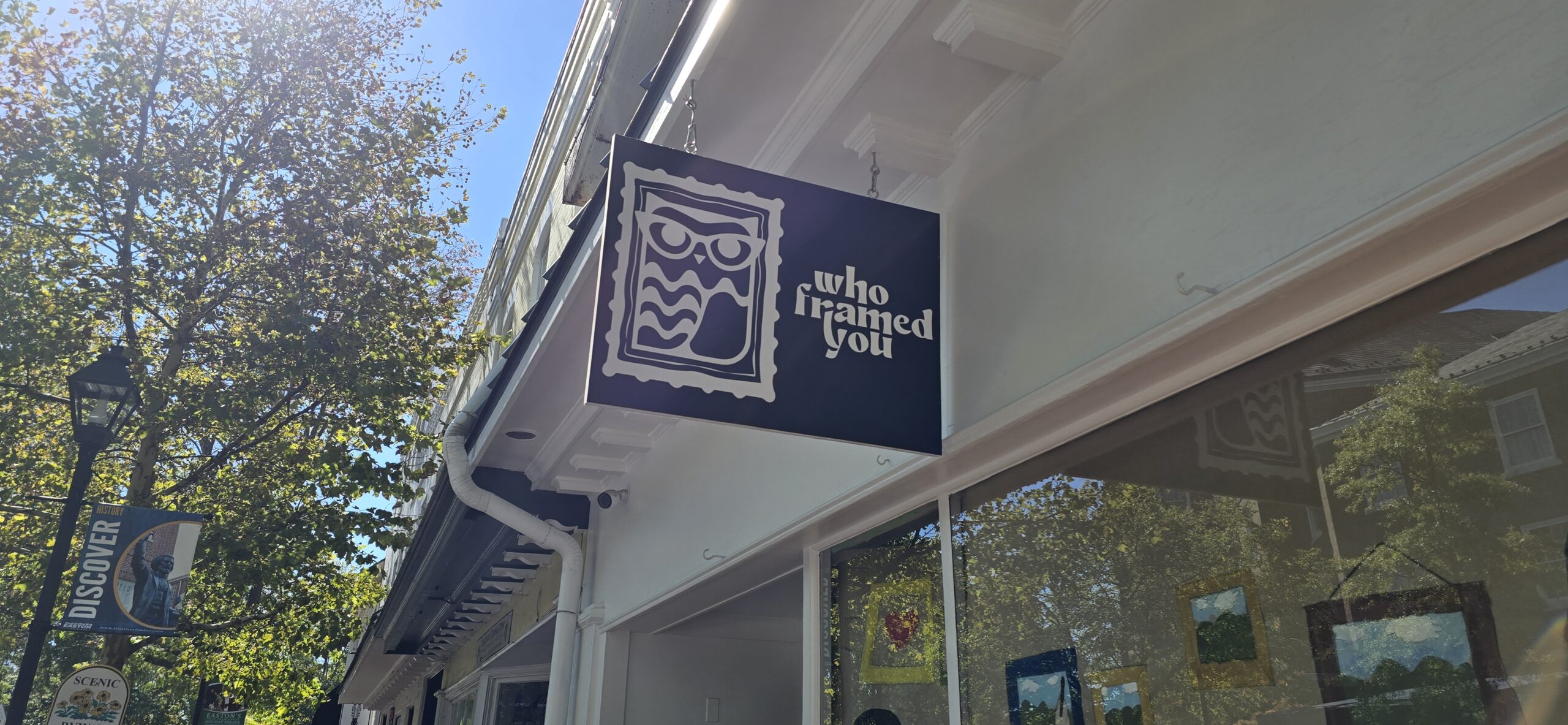
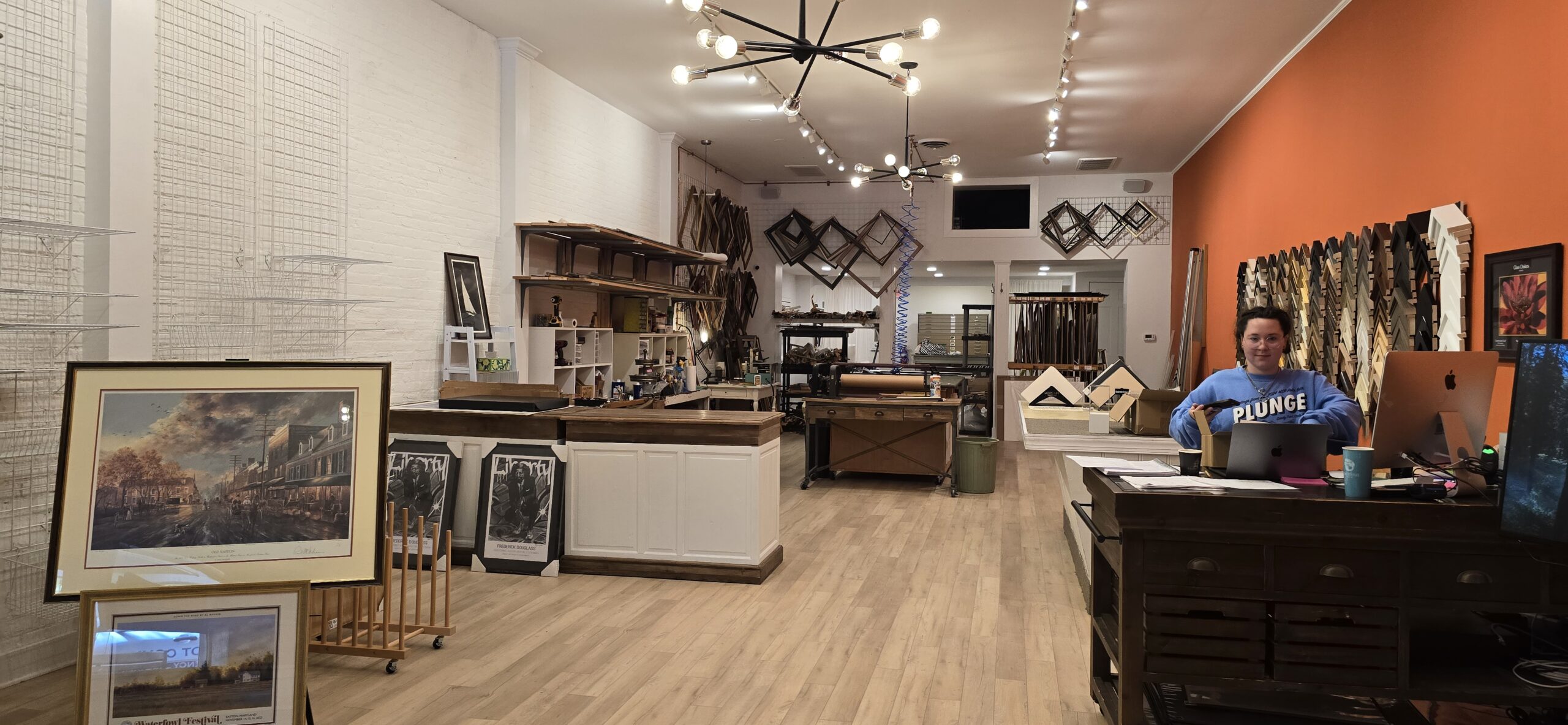
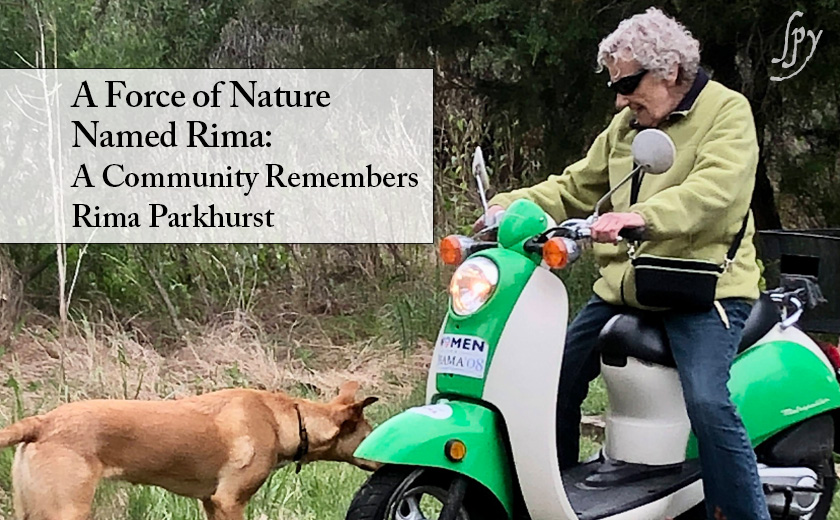
 Rima didn’t come to Easton on a straight path. By the time she settled here, she’d already had more than a few careers. She was born in Cleveland, Ohio, on January 2, 1928, in a time when girls were supposed to be polite, patient, and quiet. But that was never her style. She worked in Washington, D.C., as assistant director of the American Civil Liberties Union, ran the Democratic National Committee’s Democratic Advisory Council, and became the first director of government affairs at the Kennedy Center for the Performing Arts.
Rima didn’t come to Easton on a straight path. By the time she settled here, she’d already had more than a few careers. She was born in Cleveland, Ohio, on January 2, 1928, in a time when girls were supposed to be polite, patient, and quiet. But that was never her style. She worked in Washington, D.C., as assistant director of the American Civil Liberties Union, ran the Democratic National Committee’s Democratic Advisory Council, and became the first director of government affairs at the Kennedy Center for the Performing Arts. One of the people who saw her in both public and private moments was Amy Haines, owner of Out of the Fire. First, a lunch regular, Rima became a friend who wasn’t shy about her opinions. When Haines announced she was moving the restaurant to a new location, Rima, then 94, wasn’t happy. “She would lament about the move and how much she would miss her favorite table,” Haines said. “I said, ‘Rima, you’ll be fine. It’s the same food, same people, same environment. Basically shut the flock up.’ And guess what? It was fine.”
One of the people who saw her in both public and private moments was Amy Haines, owner of Out of the Fire. First, a lunch regular, Rima became a friend who wasn’t shy about her opinions. When Haines announced she was moving the restaurant to a new location, Rima, then 94, wasn’t happy. “She would lament about the move and how much she would miss her favorite table,” Haines said. “I said, ‘Rima, you’ll be fine. It’s the same food, same people, same environment. Basically shut the flock up.’ And guess what? It was fine.” That’s what made Rima so special — her ability to turn a working relationship into something lasting. Rima’s friendships often began like that, with a shared project that led to phone calls, visits, and years of staying in each other’s lives. That was the case for Busy Graham, whose connection to Rima started in the early 1990s, when she was running the Institute of Musical Traditions and learned that the Maryland State Arts Council’s site visitor for their first grant application would be Rima Parkhurst. Graham thought the name sounded familiar “Come to find out that Rima was among my Mom’s very best friends on the Shore–AND the mother of musician-singer-songwriter Brooke Parkhurst whose concerts and recordings I had long admired. A very small world indeed!”
That’s what made Rima so special — her ability to turn a working relationship into something lasting. Rima’s friendships often began like that, with a shared project that led to phone calls, visits, and years of staying in each other’s lives. That was the case for Busy Graham, whose connection to Rima started in the early 1990s, when she was running the Institute of Musical Traditions and learned that the Maryland State Arts Council’s site visitor for their first grant application would be Rima Parkhurst. Graham thought the name sounded familiar “Come to find out that Rima was among my Mom’s very best friends on the Shore–AND the mother of musician-singer-songwriter Brooke Parkhurst whose concerts and recordings I had long admired. A very small world indeed!”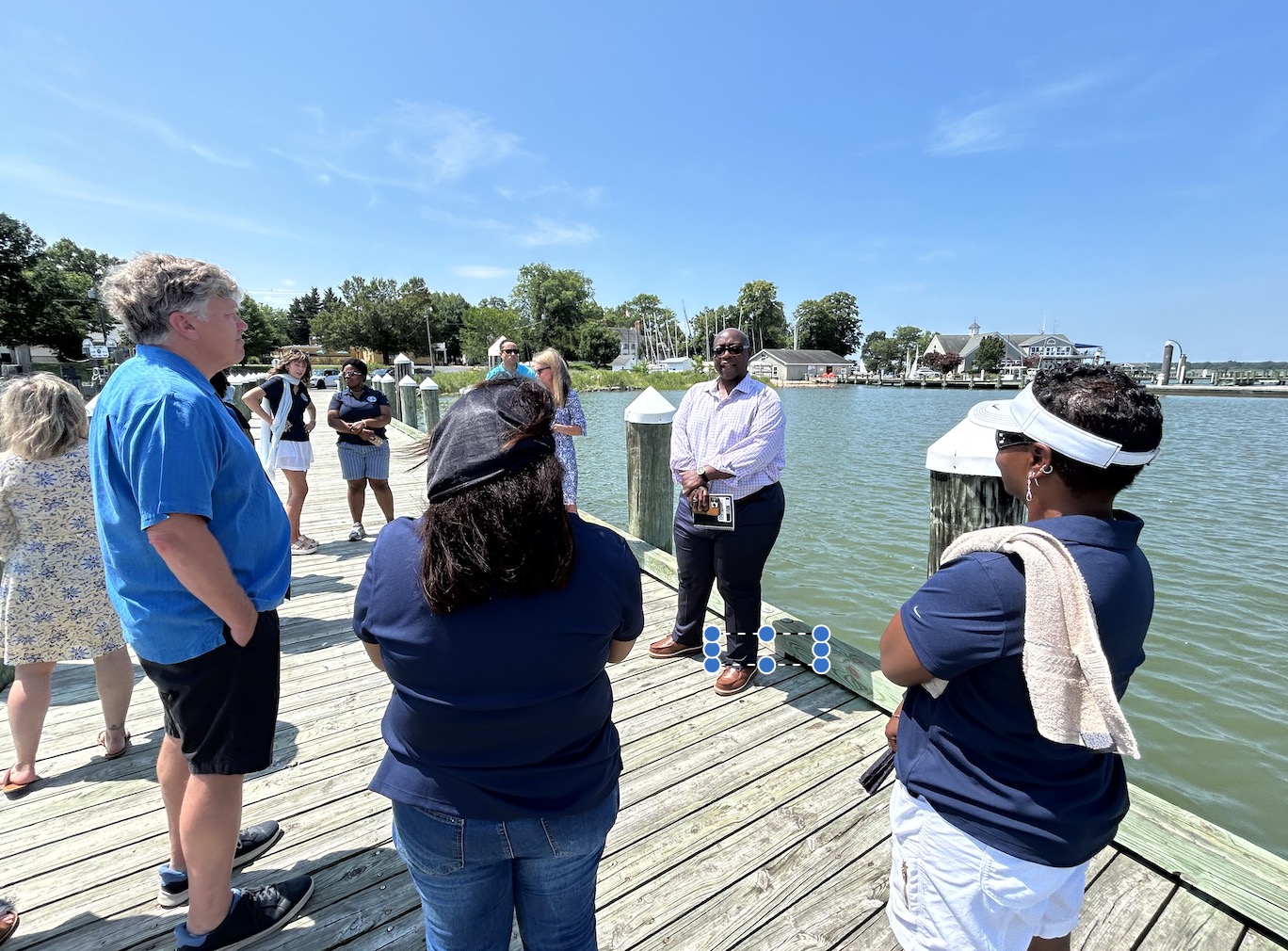


 That dual lens—history and environment—is central to Park’s approach. With a degree in geography and political science from Syracuse University and a background in environmental policy, she brings a spatial and cultural perspective to everything the museum does. “I think about place,” she said. “We’re asking: ‘Who lives there? What happened there? Who got erased?”
That dual lens—history and environment—is central to Park’s approach. With a degree in geography and political science from Syracuse University and a background in environmental policy, she brings a spatial and cultural perspective to everything the museum does. “I think about place,” she said. “We’re asking: ‘Who lives there? What happened there? Who got erased?”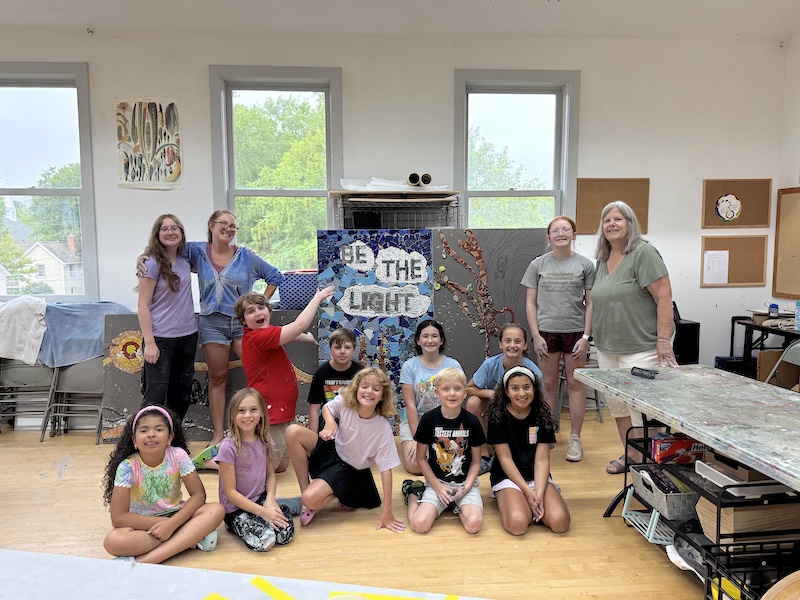



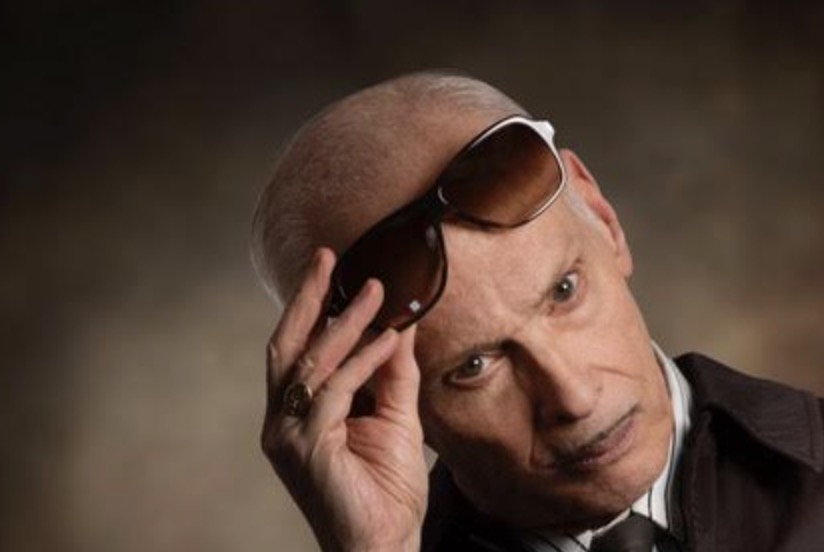
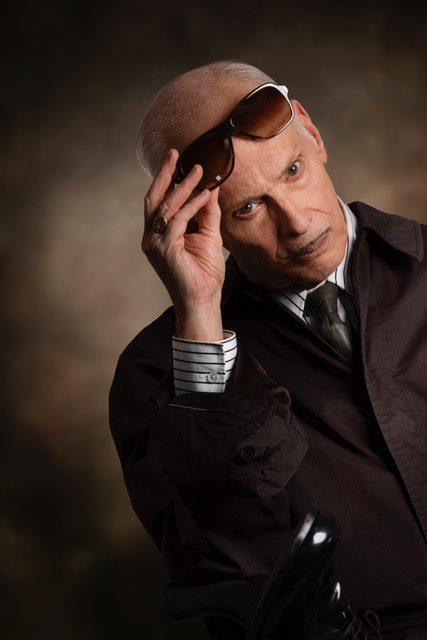 As Waters describes it, the show is part stand-up, part cultural commentary, part confessional — and entirely new. “I rewrite it completely once every year,” he said. “It’s about everything — politics, fashion, movies, music, how to get on your parents’ nerves. All sorts of things.”
As Waters describes it, the show is part stand-up, part cultural commentary, part confessional — and entirely new. “I rewrite it completely once every year,” he said. “It’s about everything — politics, fashion, movies, music, how to get on your parents’ nerves. All sorts of things.”